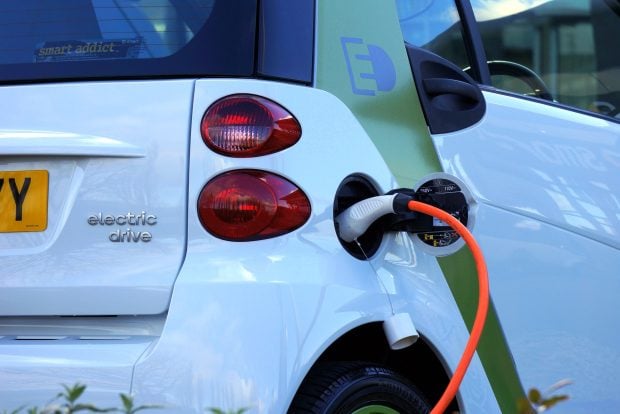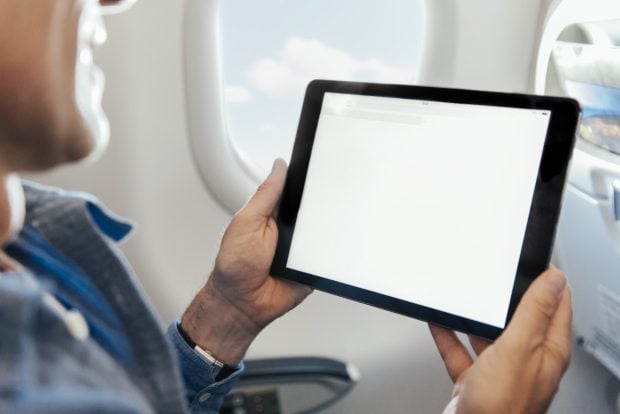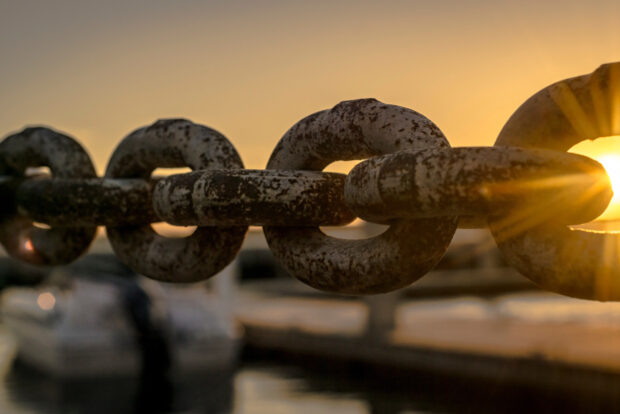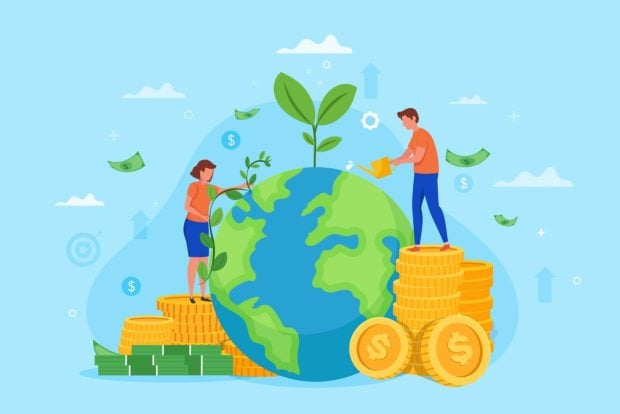EU set to ramp up activity in Indo-Pacific

The EU is to step up its engagement with China, South-East Asia and an arc of neighbouring countries under its new strategy for the Indo-Pacific region, signalling a more assertive stance to counteract “rising challenges and tensions” in the region.
The 10-page document sets out the EU’s new ambitions under six headings, including upholding human rights and democratic values; protecting trade routes and supply chains; and contributing to long term prosperity by advancing digital and sustainable technologies. The EU Strategy for cooperation in the Indo-Pacific – a region defined as stretching from the east coast of Africa to the Pacific Island States – was formally endorsed at the monthly video meeting of the EU’s Foreign Affairs Council on 19 April.
While the strategy does not name particular governments or countries, the content and aspirations address rising geopolitical tensions following Hong Kong’s moves against human rights activists, China’s stand-off with the US over trade and Taiwan, and threats and opportunities in the cybersphere.
In a press release accompanying the announcement, the EU said that it would seek to “foster a rules-based international order, a level playing field, as well as an open and fair environment for trade and investment, reciprocity, the strengthening of resilience, tackling climate change and supporting connectivity with the EU”.
According to the strategy, the EU is seeking a deeper “dialogue” with countries in the region on protecting human rights, including gender equality and the rights of women. “Working together, the EU and the like-minded Indo-Pacific partners can have a greater impact on the global human rights agenda,” it says.
Troubled background
Last week saw a sharpening of these concerns over human rights, with ten Hong Kong pro-democracy activists sentenced over their role in 2019’s protests under the new National Security laws. Pro-democracy media tycoon Jimmy Lai, 73, was sentenced to 14 months in prison after being found guilty of unauthorised assembly. Veteran lawyer and campaigner Martin Lee, 82, and lawyer Margaret Ng, 73, also received suspended sentences. Others were sentenced to terms of imprisonment between 8 and 18 months, or received suspended prison sentences from 8 to 12 months.
Meanwhile, with the Biden administration taking a robust approach to Chinese-US relations –implementing sanctions over China’s policy on Hong Kong, and sending naval forces to contested waters in the China seas – analysts suggest that the EU’s new strategy signals its willingness to lend the US support.
The document refers the “importance of a meaningful European naval presence in the Indo-Pacific”, at a time when France is alone in having naval forces in the region: its navy is currently on exercise in the Indian Ocean with forces from the US, Japan and Australia. In this context, commentators have suggested that the strategy could see other EU countries being encouraged to send their own naval forces in support.
Law of the sea
The strategy also focuses on ocean and fisheries governance, setting out the EU’s ambitions to tackle organised crime at sea – including illegal fishing, environmental crime, and trafficking in drugs, arms and persons. The EU is pledging to work, via existing structures and partnerships, to improve fisheries governance and contribute to “the sustainability of food throughout the value chain and by tackling Illegal, Unreported and Unregulated (IUU) Fishing”. Lawlessness and lack of regulation in the fishing sector – in the Indo-Pacific region and other parts of the world – has recently been foregrounded by the Netflix documentary Seaspiracy.
On economic policy, the strategy sets out ambitions to open up commercial opportunities for member countries, particularly by participating in the digitalisation agenda, supporting academic exchanges, and promoting improved “connectivity” in fields including transport, higher education and technology. By seeking like-minded partners, members of the bloc hope to tap into the region’s expertise in enabling technologies that will “stimulate green growth, including advanced manufacturing, advanced materials as well as life science, nano- and recycling technologies”.
At Monday’s Foreign Affairs Council meeting, the bloc’s foreign ministers also discussed Russian sabre-rattling along the border with Ukraine, plus the latest developments in Georgia, India, Myanmar and Mozambique.





















